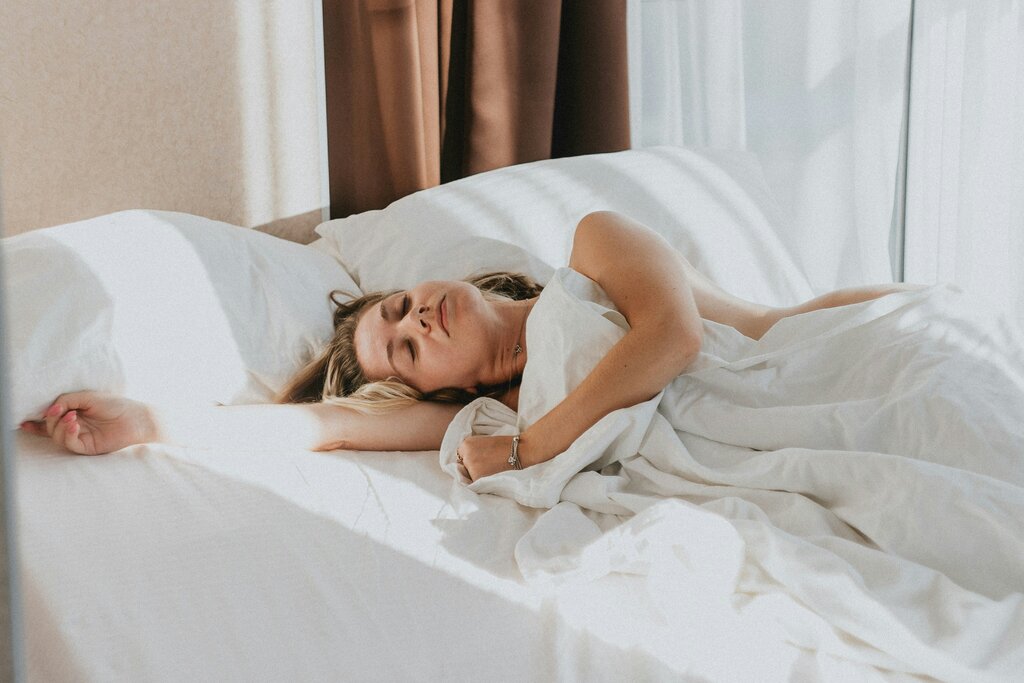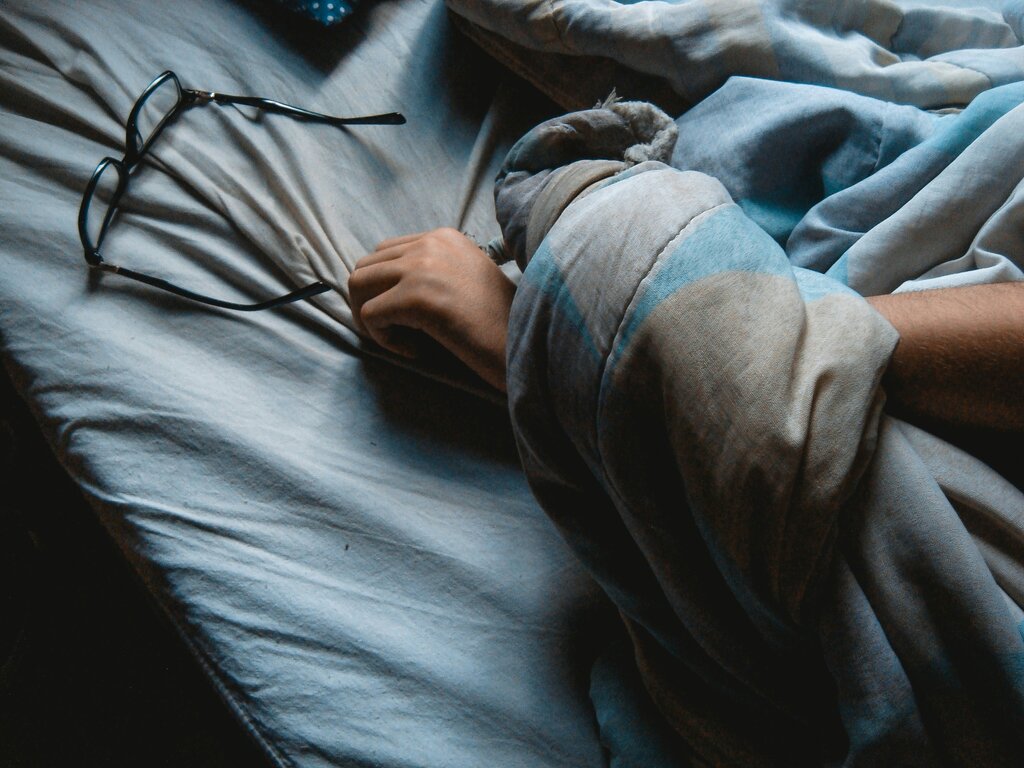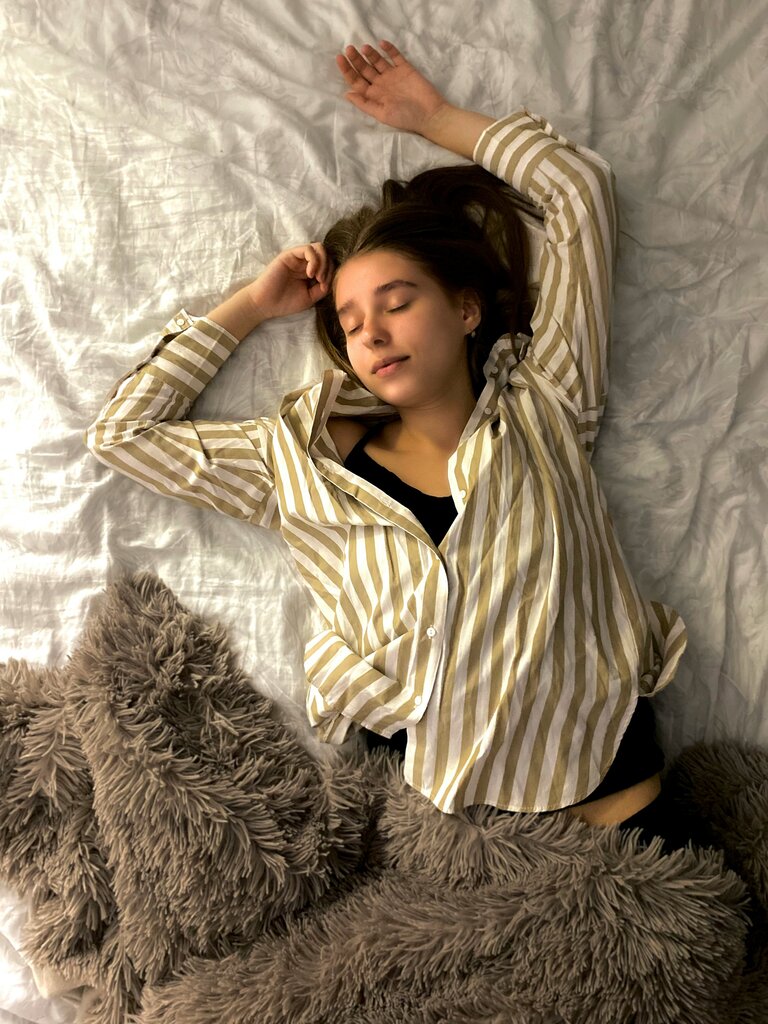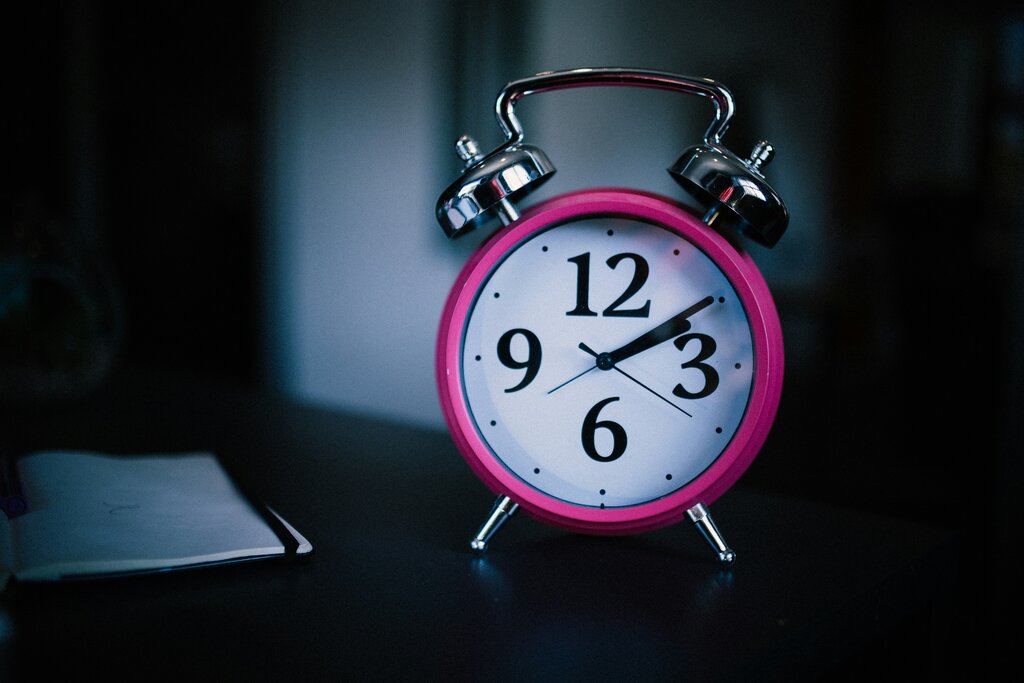The Life & Murder of Nicole Brown Simpson
Episode Summaries Episode 1 Eighteen-year-old Nicole's thrust into the spotlight when she dates 3...

Welcome to SleepWell, your comprehensive resource for improving sleep quality and overall wellbeing. Explore our expert articles and relaxing content to transform your sleep experience.

Episode Summaries Episode 1 Eighteen-year-old Nicole's thrust into the spotlight when she dates 3...

Episode Guide Walter's Intro Henrik and his wife Anna are involved in covering up their son's cri...

A Sleep Management Guide for Chronic Illness Patients Introduction Chronic illnesses—like diabete...

Exercise and Sleep: Finding the Right Balance Introduction Exercise is one of the most natural an...

The Connection Between Diet and Sleep Introduction What you eat affects how well you sleep. Food ...

Napping: Benefits and Drawbacks Introduction Naps can be both refreshing and disruptive depending...

How Technology Impacts Sleep Quality Introduction Technology has revolutionized our lives—but at ...

The Relationship Between Sleep and Emotional Regulation Introduction Sleep and emotions are deepl...

Relaxing harp music (3 hours) that can be used as background music while sleeping, meditating, studying, reading or doing other activities. Soothing Relaxation is a music channel devoted to relaxing and beautiful instrumental music. I compose sleep music, meditation music, study music, background music, spa music, beautiful instrumental music and more. Listen to more harp music composed by Peder B. Helland

Relaxing Sleep Music with Rain Sounds & Thunder. Meditation Music for Stress Relief, Study and Sleep.Thank you very much for listening. Enjoy relaxing, Sleeping, Meditation Music and have a wonderful day or evening!

Relaxing nature sounds, soothing sleep ocean waves and calming forest nature sounds for sleeping meditation, sea waves...

Soothing sleep music that can help you fall into a deep sleep and relieve stress. Fall asleep with the help of videos of beautiful nature scenes, and use soothing music (""Flying"", creator: Peder B. Helland) as sleep aid, soothing meditation music, relaxation music, study music, and more

2 hours relaxing sounds of rainforest animais, waterfall and rain sound. Sleep meditation sounds, for yoga, relaxing and peace. Nature sounds for relaxing.

Relaxing western music with insturmental sounds and ambient soundscape on an old west scene to relax deeply. Listen to the western sounds of horses, wagons and more, accompanied by our relaxing music made of guitar, harmonica, banjo, ocarina, acoustic guitars and brass. Calm down while enjoying the setting of a saloon. We hope you have a deep relaxation and a nice day!

elaxing harp music that can be used as background music while sleeping, meditating, studying, reading or doing other activities. Soothing Relaxation is a music channel devoted to relaxing and beautiful instrumental music.

Calm your mind and refresh your energies while listening to our relaxing native american flute music and rainforest sounds. Our calming melody made of native american flute is ideal for achieving maximum relaxation. Let go of your thoughts for a moment and just enjoy the water and birds’ sound in this rainforest, where the water courses the mossy rocks around the bright green trees. This serene landscape will help you relax and feel refreshed. We wish you a great day!
Install our app to your home screen for a better experience and offline access. Tap the share button and select "Add to Home Screen".
Install our app for a better experience and offline access. It takes just a few seconds!
Establish a consistent bedtime routine to signal to your body that it's time to wind down and prepare for sleep.
Keep your bedroom cool, dark, and quiet to create the ideal sleep environment.
Avoid screens at least an hour before bedtime to reduce blue light exposure that can interfere with sleep.
Try deep breathing, meditation, or gentle stretching before bed to help calm your mind and body.
Avoid caffeine, large meals, and alcohol close to bedtime. Try calming herbal tea or a light snack if needed.
Consider using white noise, nature sounds, or soft music to mask disruptive environmental sounds and create a peaceful atmosphere.
Use comfortable, breathable bedding and a supportive mattress. Consider the season when choosing blankets and pajamas.
Try to go to bed and wake up at the same time every day, even on weekends, to regulate your body's internal clock.
Expose yourself to natural light early in the day to help regulate your circadian rhythm and improve sleep quality.
Gentle self-massage of your temples, neck, or feet can help relax muscles and prepare your body for sleep.
Exercise regularly but not too close to bedtime. Morning or early afternoon workouts are ideal for better sleep.
Write down your thoughts or to-do list before bed to clear your mind and reduce nighttime anxiety.
Use calming scents like lavender, chamomile, or vanilla to create a relaxing atmosphere. Essential oils can help signal your brain it's time to sleep.
Wearing socks to bed can help dilate blood vessels and regulate body temperature, potentially leading to faster sleep onset.
Drink enough water throughout the day, but reduce intake 1-2 hours before bed to minimize nighttime bathroom trips.
We offer a variety of resources including articles on sleep science, relaxation videos, meditation guides, and expert advice from sleep specialists. Our content is designed to help you understand sleep better and develop healthy sleep habits.
Yes, all our content is based on scientific research and reviewed by sleep experts. We strive to provide evidence-based information to help you improve your sleep quality.
While we provide general information about sleep health, we don't currently offer personalized sleep consultations. For individualized advice, we recommend consulting with a healthcare provider or sleep specialist.
We update our content regularly with new articles, videos, and resources. We also review and update existing content to ensure it reflects the latest research in sleep science.
We welcome contributions from sleep experts, healthcare professionals, and writers passionate about sleep health. Please contact us through our email if you're interested in contributing content.